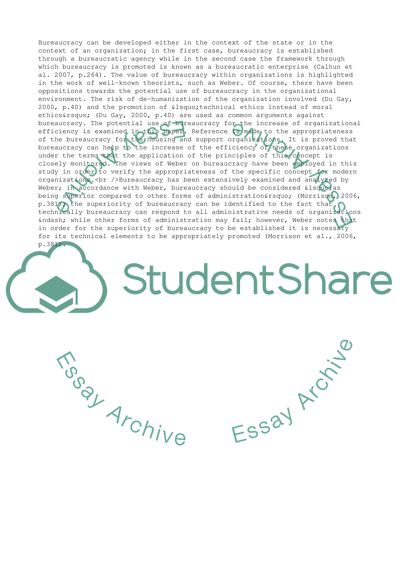Cite this document
(Bureaucracy in Housing and Support Organisations Coursework - 1, n.d.)
Bureaucracy in Housing and Support Organisations Coursework - 1. https://studentshare.org/management/1744965-bureaucracy
Bureaucracy in Housing and Support Organisations Coursework - 1. https://studentshare.org/management/1744965-bureaucracy
(Bureaucracy in Housing and Support Organisations Coursework - 1)
Bureaucracy in Housing and Support Organisations Coursework - 1. https://studentshare.org/management/1744965-bureaucracy.
Bureaucracy in Housing and Support Organisations Coursework - 1. https://studentshare.org/management/1744965-bureaucracy.
“Bureaucracy in Housing and Support Organisations Coursework - 1”. https://studentshare.org/management/1744965-bureaucracy.


